I have seen Hooked placed next to Brainfluence by Roger Dooley under neuromarketing books and I can tell you now that these books are not on the same planet. Brainfluence is a far better book: I have listened to the audiobook twice and I later bought the hard copy whereas I won't be listening to hooked again nor will I even get the paperback. Hooked is not a bad book, it just didn't add much to my knowledge database. Rating: 2.8/5
This book was okay but it wasn't actually that memorable. I would say Contagious - Why Things Catch On by Jonah Berger is a much more enjoyable read and a much better framework for thinking about how to make products addictive. Contagious has many more examples/case studies and does not only focus on huge companies in the way that I felt Hooked does. In the Hooked model a trigger (internal or external) of some form sets in motion an action, e.g. check email. By taking the action the user gets a variable reward (e.g. they do not know what email they will get and are hence enticed by the element of surprise). In the last part of the model, the more the user has invested in the product in terms of time and effort, the less likely they are to switch to a competing product. The model:
0 Comments
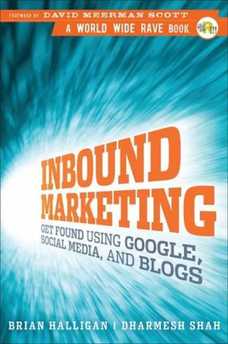 Rating: 3.5/5 If I was right at the beginning of my online marketing career I would probably have given this book a 5/5 rating, however, as it happens, I already knew a lot of the content. My main takeway from the book that I implemented immediately was to remove all comment moderation to encourage people to make comments and engage with my content. It was a great tip. At the time I read this book I had blocked comments on some of my YouTube videos to get people to come to my website but this was not working so I abandoned that strategy. The book is kind of self-promotional. I believe the authors are invested in a few of the tools they kept promoting. Websites I noted to check out include:In summary, if you are new to online marketing I would 101 Free Marketing by Jim Cockrum first and then this book.
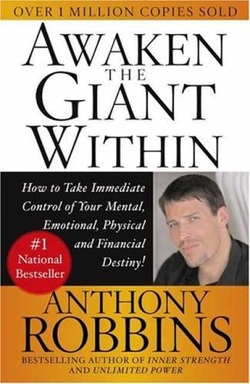 Rating: 3/5 I bought this book after randomly discovering Anthony Robbins on YouTube. I can definitely see the appeal of Anthony Robbins and I like him but I'm not that into his style, which is okay, he has enough of an army that digs his style. He is one of those very high level motivational speakers that really helps you believe in yourself etc. This is great, but this is the type of stuff I was reading when I was a teenager so I don't find it as helpful. I prefer much more practical self-help books. I only found the 1.5 hour audiobook on Audible, they do not have the full version yet which was great because it was motivating to listen to for that length of time but I may well have not enjoyed it for any longer. Also, I don't like his voice! Am I allowed to say that? He sounds super aggressive - he's got that super alpha male personality that I think would more than likely clash with my alpha female traits... In summary, if you are feeling low in self-belief, get the book - I may well need the full version when I am feeling a little down myself!
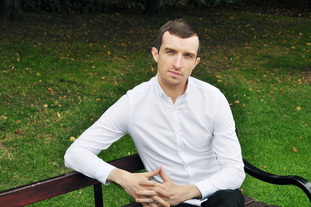 Rating: 5/5 I got this book free of charge when I screamed "me, me, me" at a KPI event where Michael Serwa was speaking. If I am totally honest, I found/find Michael lacking in humility - that is, he is a little pompous a.k.a. cock-sure so I wasn't sure if I would like the book. Yes, the tone does go from confident to cocky at times but I think there were tiny glimpses of humility in his writing. I think the bravado is definitely a front. The book is a good and brief summary of a lot of self-help books. I read it in a couple of hours at a cafe. Even if you have read a tonne of literature you would still enjoy this book because it's Michael's own take on things. He says he hates writing but I think he writes rather well. These were my favourite bits from the book: Pg. 39: I like what Zig Ziglar said: "Money isn't the most important thing, but it's reasonably close to oxygen on the (gotta have it) scale". Pg. 43: I remember mentally high fiving the Universe after seeing the size of that guy when I opened the door for him. I love that analogy of mentally high fiving the universe! I do it all the time but have never thought about it like that. I am totally going to start using the phrase. Pg. 46: I like what Wayne Dyer said: "Friends are God's way of apologising for your family." Pg. 60: The world belongs to people who are proactive. This is so true and people need to meditate on this phrase. Pg. 62: The bamboo tree takes five years of watering before it shows anything above the ground at all. Five years! But when it starts to grow, it grows up 20 metres in one year. Many things in life are just like this tree. How freaking awesome is that analogy. I wonder if Michael thought of it himself, lol. Pg. 82: ...out of all the things that can sell us short image is the easiest one to fix. True, very true! Pg. 121: The power of imagination is huge. When Michael talked about taking stock of all the things you appreciate at the end of the day, I thought about how I appreciate the fact that I can just take an afternoon off to read a book (or even do nothing) whenever I want. Then I thought about how I appreciate my husband and my immediate family so incredibly much. In summary, cocky or not, Michael is a smart and well-grounded guy. I like his style. Get his book:
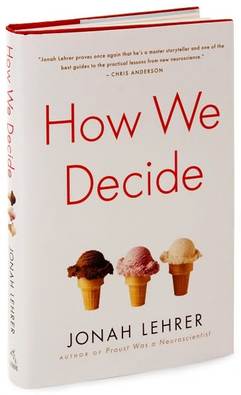 Rating: 3/5 I read this book so long ago that I don’t recall what it was about. As it happens, in early 2013 the book was pulled from bookshelves because Jonah Lehrer had made up some of the content – naughty boy! I still have access to it because I bought the audiobook in February 2013 just before it was pulled. The overall premise of the book was to provide a foundation for making good decisions. For instance: · Sometimes a complex decision is solved best by going on instinct · A simple problem may require more analysis What happens is that most people spend too much time analyzing seemingly complex issues when that level of analysis is not necessarily needed and too little time analyzing the seemingly simple. However, as a disgraced author who’s been found to be making things up in his book he’s lost a lot of authority and credibility for future books. Tut tut. 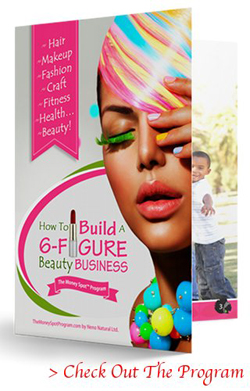 Want to Build a 6-Figure Beauty Business from the comfort of your sofa? Then my course is designed for YOU! "Beauty" includes a WIDE range of products from the not so obvious non-perishable foods and crafts to the more obvious hair, makeup, fashion, health & fitness. Learn more about The Money Spot Program. 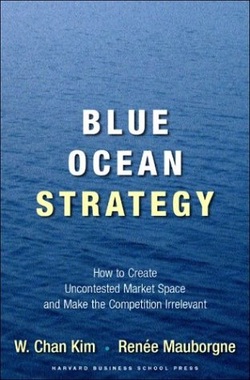 Rating: 4/5 I read this book at a rather good time in my business growth because I was moving into a new field in my hair blogging. The premise of the books is that the old business logic involves fighting for the same customers, the red ocean, whereas great success lies in going into uncharted territories, the blue ocean. When a business is pursuing a blue ocean strategy there is no competition because they themselves are defining the rules of the game. The book solidified my belief that I needed to move out of strictly blogging about curly hair into something different and it was around this time I structured my series of courses on How To Make Your Own DIY Hair Care Products and later decided to teach people How To Create & Grow A Beauty Business. I didn't make notes as I read the book; I preferred to just let the knowledge wash over me, For a more detailed review check out Joe Grant's blog entry: Book Review By Joe Grant Are you trying to compete within a narrowly defined market space? Is your organization focused on trying to beat the competition? Have you made competition your organization's primary benchmark for strategy? Are you trying to exploit existing demand? If you answered yes to any of these questions, you're probably in red ocean territory. Authors Kim and Mauborgne use the red ocean metaphor to describe an overcrowded market space of competitors all fighting for the same piece of the pie. Blue ocean strategy is when an organization breaks away from the conventional approach to facilitate the creation of new uncontested market space thereby making competition irrelevant. READ MORE 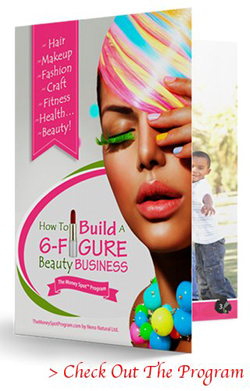 Want to Build a 6-Figure Beauty Business from the comfort of your sofa? Then my course is designed for YOU! "Beauty" includes a WIDE range of products from the not so obvious non-perishable foods and crafts to the more obvious hair, makeup, fashion, health & fitness. Learn more about The Money Spot Program. 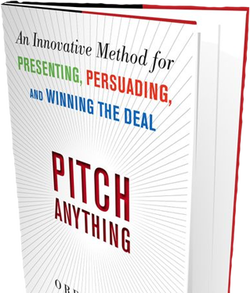 Rating: 5/5 A very enjoyable read - this book was really about getting a better deal for yourself without being a "salesperson". I like Oren's idea of frames and I like his description of how Walmart's frame super collider will beta beat the best alpha! Oren's tips to become a frame supermaster - and by the way you will have to by the book to get what all this means: 1. Look out for beta traps that seek to control you. 2. Practice beta trap avoidance. 3. Identify and label frames that come at you:
5. Enact small acts of defiance with a soft touch so as not to ignite a cro response. 6. Don't force frame control, it should be fun. 7. Work with frame masters to get better Remember that local star power is "situational status" and is hence transferable to anyone that seizes that moment. Global power is fixed. A little more detail on Oren Klaff's Pitch Anything framework:
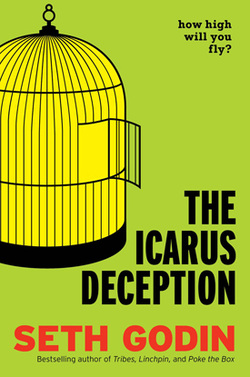 Rating: 3.5/5 The main reason this books isn't getting a higher score is that I'm not into "Big Idea" books that don't give practical advice which is essentially what this book is - it is very low on advice and stuff to-do. Seth rails on about being an artist where "Art" is pretty much anything you are passionate about. The book is about going for it, daring to be different and the usual melarchy that you find in a self-help motivational books. If you're lacking in inspiration or feeling like you might need a little preaching to make you "go for it" then you may well find this book useful. As for me, it was good enough to finish but I would not have lost anything by never having read it.
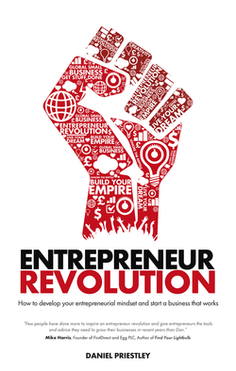 Rating: 5/5 An inspiring and practical read. I listened to most of this audiobook during a twelve-hour drive from Harare, Zimbabwe to Blantyre, Malawi. My notes: Daniel Priestley talks about how we all have an empire building brain, however, the empire brain can be shut down if the lower parts of the brain (reptile or monkey) are over stimulated. The reptile sees resources as very scarce so it's extremely selfish, guarded and doesn't want to share; it only sees what is there; it's very low in imagination. The monkey is good at repetitive work but is very easily distracted. The empire builder is empathic, creative, strategic, resourceful. As one of his 10 challenges, he recommends walking around with GBP1,000 in cash at all times to adjust your views on what is a lot of money, to learn a degree of self-control and I suppose to discover other fears and emotions that go with carrying what most of us would consider to be a fairly hefty, even unsafe, amount of cash. Take two people you want to get to know better out to lunch every week. Cut news out. Keep a journal. Always have 5 people on your team:
Lean in! i.e. go for it, network aggressively, seek opportunities, visualise and believe in the vision! Formula for success: luck, reputation and vitality Ascending Transaction Model - ATM:
7 Maxims
I recommend you read this book for practical steps that will push your vision/business forward; here are links to its Amazon.com and Amazon.co.uk page respectively:
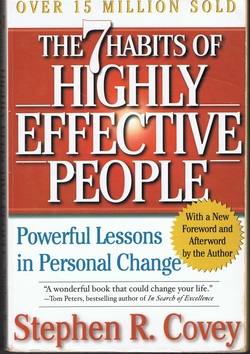 Rating: 5/5 A thoroughly good read. Timeless. Practical. The 7 Habits according to Mr Covey are: INDEPENDENCE 1. Be proactive - things don't just happen 2. Begin with the end in mind 3. Put first things first INTERDEPENDENCE 4. Think win-win 5. Seek first to understand then to be understood 6. Synergize CONTINUOUS IMPROVEMENT 7. Sharpen the saw I liked the phrase, "The person who doesn't read is no better off than the person who can't read" I also liked the story about the squirrel, duck, eagle & rabbit. They were all forced to take part in a relay that involved running, swimming, climbing up a tree and climbing down one. In the case of the duck, it swam fabulously but was very below average in other subjects so the teacher forced it to stop swimming and focus on the subjects it wasn't good at. All the running caused the duck to develop calluses leading to a decline in its swimming ability but a slight improvement elsewhere. I was inspired by what I thought was the moral of the story: society/school forces mediocrity; focus on what you are good at if you want to be truly amazing! Sadly, Mr Covey died in 2012, I really would have loved to meet him.
|
By Heather Katsonga-WoodwardTime allowing, I love to read. If I read anything interesting, I will blog about it here. Categories
All
Archives
November 2015
|

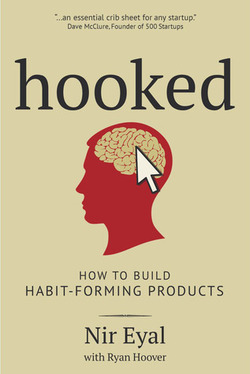
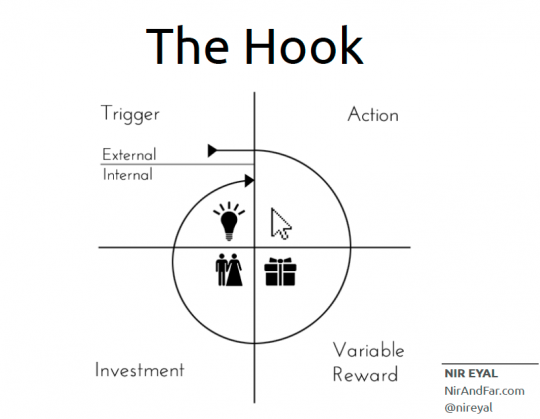
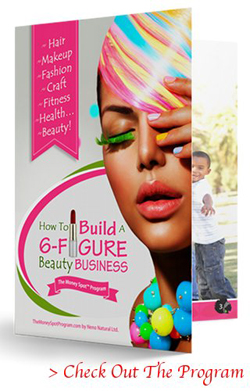
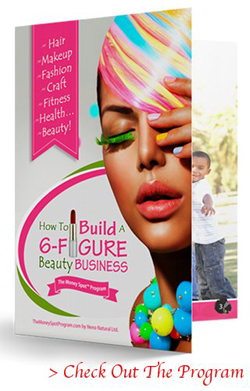
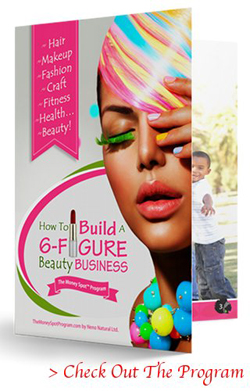
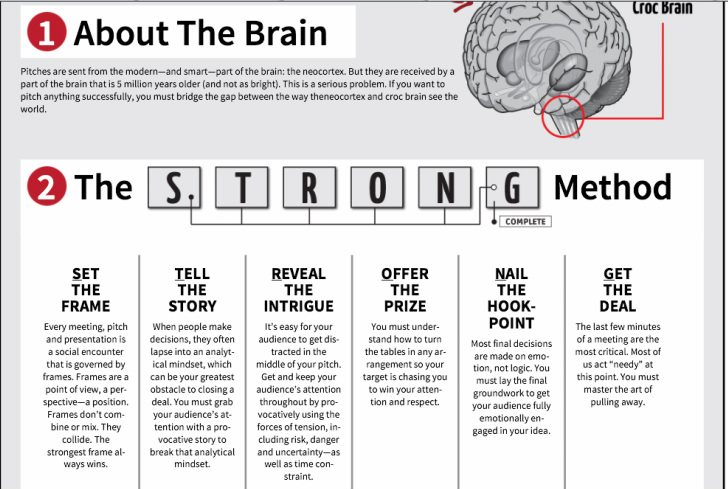
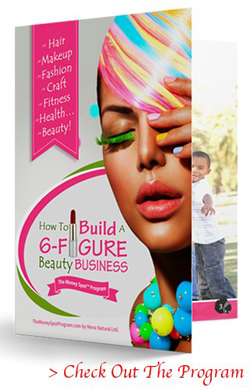
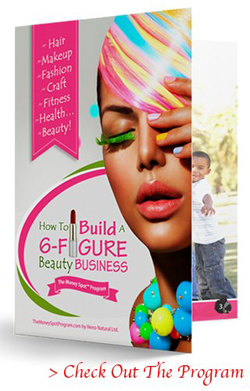
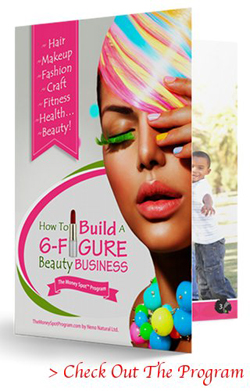
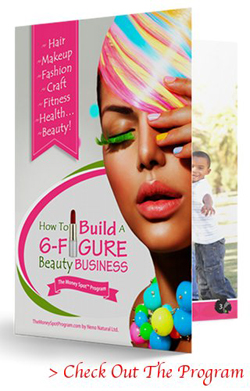
 RSS Feed
RSS Feed






